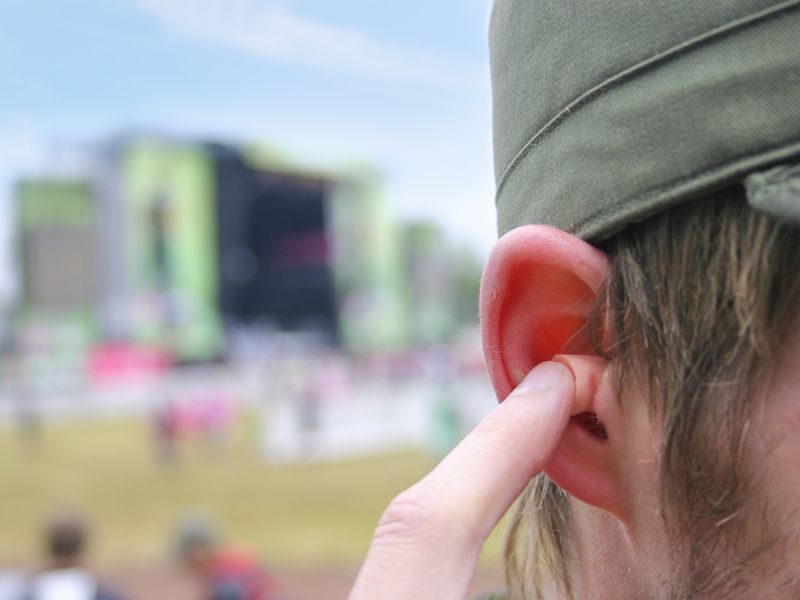
Earplugs can be practical if you’re subjected to loud noises, such as for example, something as basic as a snoring spouse, or a lawnmower in your yard, or going to a concert at an arena. In the first two circumstances, they can help safeguard your ears by turning down the volume. They assist in saving your peace of mind and perhaps even your marriage, in the last case, by letting you get a good night’s sleep. But are your ears being harmed by these protectors?
What’s The Point of Utilizing Earplugs?
It’s a pretty simple case for wearing earplugs: When used properly, earplugs can help safeguard your hearing by minimizing your direct exposure to extreme decibel levels. Maybe you’ve observed that your hearing sounds different after you leave a loud venue, say, a football game with a loud crowd, and you might also suffer from symptoms of tinnitus. Those small hairs are bent by this kind of noise exposure and that’s why this occurs. In a couple of days, when the hairs have recovered, it generally goes away.
But if you’re exposed to excessive decibels regularly, say you work on a construction site or at an airport, the aural assault on those tiny hair cells is relentless. In this circumstance, those hairs never heal, they are permanently injured. you have just about 16,000 of those tiny cells inside each cochlea, but up to 50% of them can be harmed or ruined before your hearing has changed enough for the problem to appear in a hearing test.
How Can Earplugs Result in Damage?
In terms of safeguarding your ears, it seems like it would be obvious to use earplugs. But if your exposed to loud noises on a regular basis, this seems to be even more obvious (like on the job or when your spouse snores as mentioned), over-the-head earmuffs or noise-reducing (but not completely blocking) headphones are a better choice. Earplugs aren’t well suited to everyday use but are better suited to one off occasions such as a concert or sporting events.
Why? The first problem is, earwax. So that they can protect themselves, your ears generate earwax, and if wearing earplugs is something you do constantly, more earwax will be produced, and you probably will jam it in with the plugs. This can lead to troubles such as impacted earwax, which can trigger tinnitus and other hearing concerns.
Ear infections can also be the result from overuse of earplugs. They can become bacteria traps if you use the same pair without proper cleaning and disinfecting. Ear infections are, at a minimum, an uncomfortable inconvenience. If neglected, in the worst situations, they can result in an ear infection.
How Can You Make Use of Earplugs Without Risk?
Earplugs still have a strong upside, whether it’s safeguarding your ears or getting a good night’s rest. You just have to be sure you’re using the proper kind and using them in the proper way. The porous material of foam earplugs is a germ sanctuary so it’s a good thing they are the least expensive. Don’t put silicone or wax earplugs back in until they are thoroughly dry after utilizing warm water to completely clean them. Accumulation of dampness can cause mold and bacteria so store your earplugs in a well ventilated place.
If you want or need to wear earplugs regularly, you may want to talk to us about getting custom-made earplugs. They’re comfortable because they are crafted from molds of your ears and they’re reusable. But it’s crucial not to forget, good earplug hygiene can stop hearing impairment.




